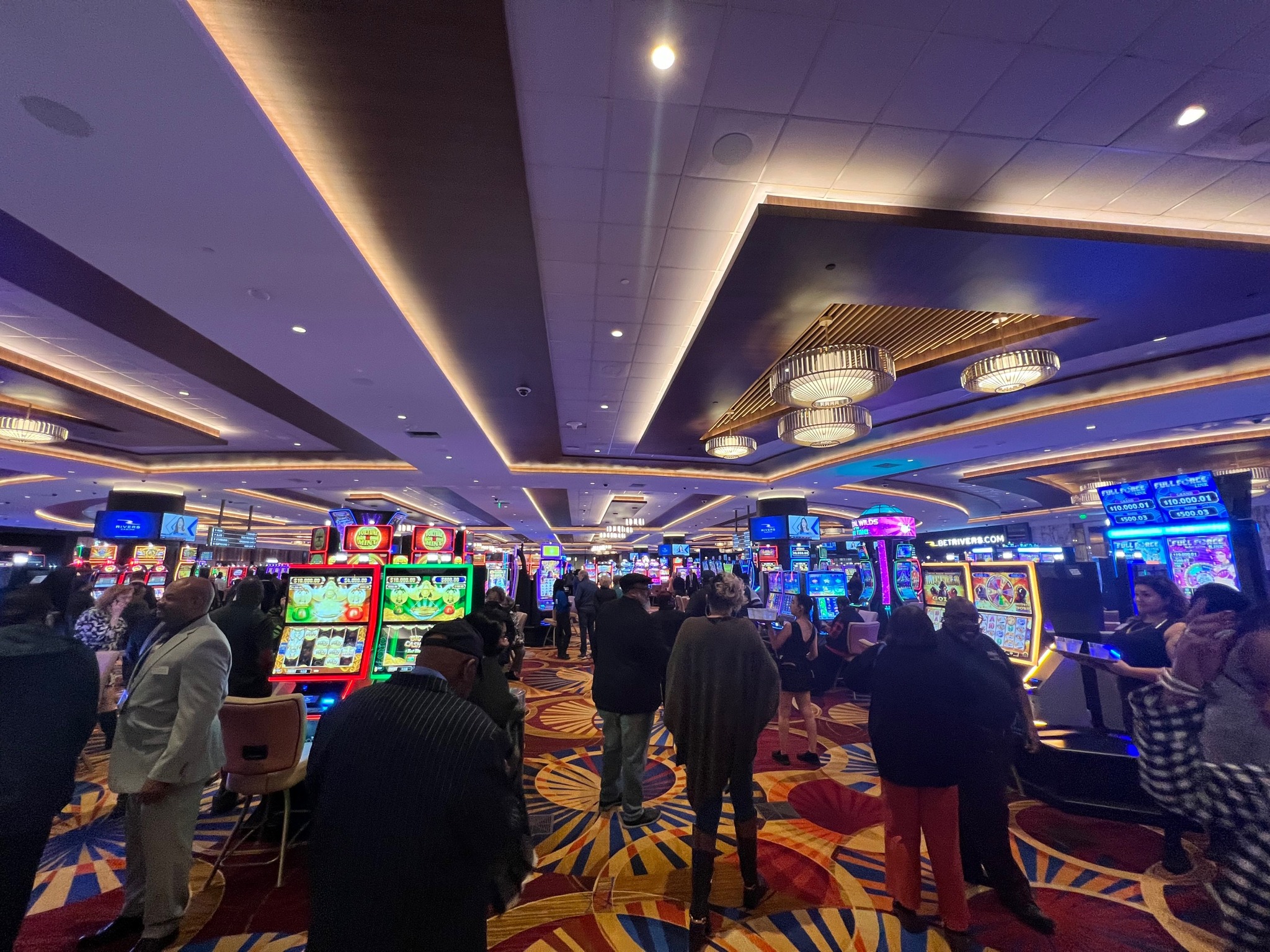
Gambling in casinos has long been a topic of fascination and debate, drawing in millions of players globally. With a blend of luck, skill, and the excitement of uncertainty, casino games offer an exciting escape from everyday life. However, as entertainment becomes ever more accessible, it calls for a more thorough examination of the morality surrounding these games.
At the heart of the debate lies the question of whether casinos promote responsible gaming or exploit at-risk individuals. The appeal of potential winnings versus the reality of losses can create a challenging situation, and understanding this balance is crucial for both players and operators. As we delve into the morals of casino gaming, we will explore the responsibilities of casinos, the effects on society, and the steps that can be taken to foster a healthier gaming environment.
The Impact of Casino Gaming on Society
Gambling in casinos has a notable influence on the community, affecting not only the economy but also interpersonal dynamics and local frameworks. The revenue generated from casinos can lead to employment opportunities and boost local economies, as they provide numerous employment opportunities in different sectors including food and beverage, entertainment, and retail. However, while the financial benefits can be significant, communities often grapple with the possible negative impacts that arise from higher gambling activity.
Moreover, the presence of casinos can lead to an rise in gambling addiction, presenting significant challenges for individuals and families. The thrill of casino games can quickly evolve into a habitual habit, affecting connections with others and leading to monetary issues. Many players may find it difficult with the loss of control over their gambling behaviors, resulting in a need for community support services and help to address this increasing issue. The social cost of addiction can ripple through kinships and neighborhoods, creating an urgent need for sensible gambling approaches.
In addition to the economic and social ramifications, casino gaming often reflects cultural attitudes towards risk and leisure. It can foster a sense of joy and leisure, attracting tourists and boosting tourism. However, this allure may also conceal the wider implications of gambling as a form of entertainment, raising ethical questions about its advertisement and availability. As communities weigh the advantages and disadvantages of casino gaming, the need for sensible approaches and oversight becomes increasingly critical in ensuring that the positive aspects are maximized while minimizing the negative effects.
Moral Concerns in Gambling Activities
The ethics of casino operations often center around the potential for dependency and its consequences on people and families. Gambling can lead to significant financial distress, impacting not only the betters but also their loved ones. As individuals become entrapped in the allure of winning, many lose sight of their budget, which can result in devastating outcomes such as bankruptcy. 5MB This poses moral questions about the responsibility of gambling establishments in fostering safe gaming habits and providing support for those who may be struggling with betting addiction.
Another major issue is the advertising of gambling to at-risk groups. Gambling establishments often aim at low-income individuals or neighborhoods with the promise of fast gains, which can continue patterns of financial struggle and despair. In this situation, the morality of advertising strategies used by casinos come under scrutiny, as they may take advantage of the desperation of individuals seeking an way out from financial hardships. This exploitation raises ethical questions about the integrity of the gambling industry and its responsibility to safeguard its most vulnerable patrons.
Additionally, the impact of casino gaming on the community as a whole cannot be ignored. While some argue that casinos create employment and boost local economies, others point to the community costs associated with dysfunctional gambling, increased criminal rates, and a strain on public resources. Balancing economic benefits with the risk for community issues presents a complex ethical dilemma for policymakers and casino operators alike. The difficulty lies in finding a ethical approach that takes into account the well-being of people and society while still allowing for the pleasure of gambling gaming.
Regulation Framework and Duties
The legal framework related to gaming operations is developed to ensure fairness, integrity, and player protection. Various government agencies and gaming commissions create and implement regulations that dictate how gaming activities operate, the guidelines for activity development, and the procedures for processing rewards. These regulations differ by locale but typically involve permit requirements for businesses and strict measures to avoid cheating and fraud.
In furthermore to oversight bodies, gaming establishments bear considerable duty in preserving principled standards within their establishments. They must enforce ethical player practices that promote participant protection and consciousness, including presenting self-limitation options and sharing information about the hazards associated with gaming. Establishments are also accountable for educating workers to recognize signs of compulsive gaming and understand the correct actions to help visitors in distress.
Moreover, openness in gaming operations is vital for earning and keeping public trust. Gaming establishments should offer clear details about the chances of activities, promotional deals, and any related risks. By fostering an culture of integrity and accountability, operators can help lessen the possible adverse impact of betting while boosting the complete gambling experience for all participants.